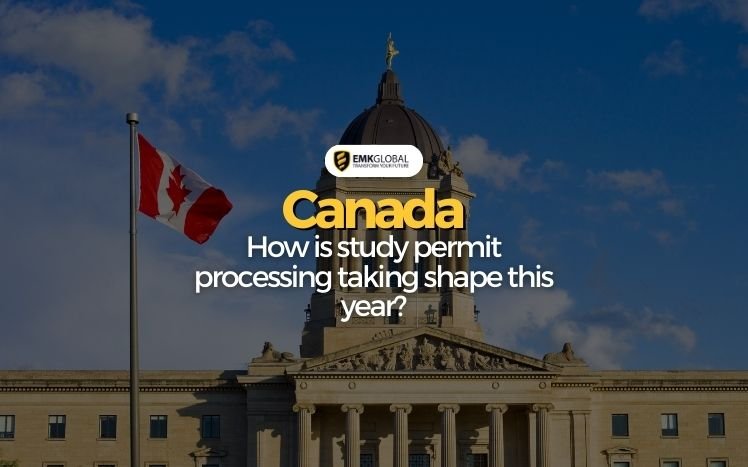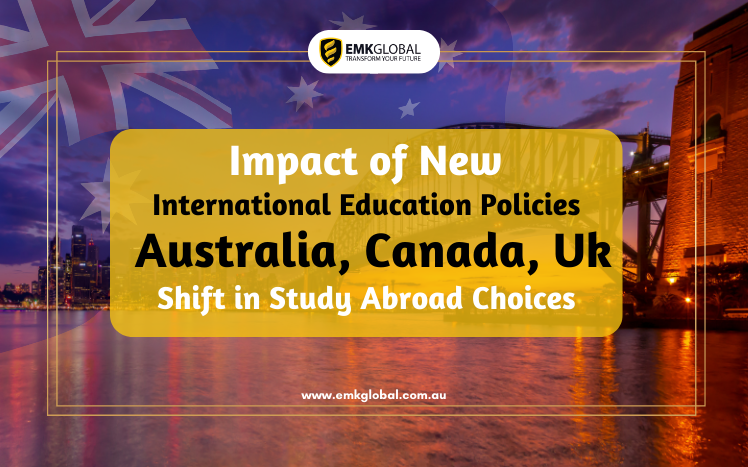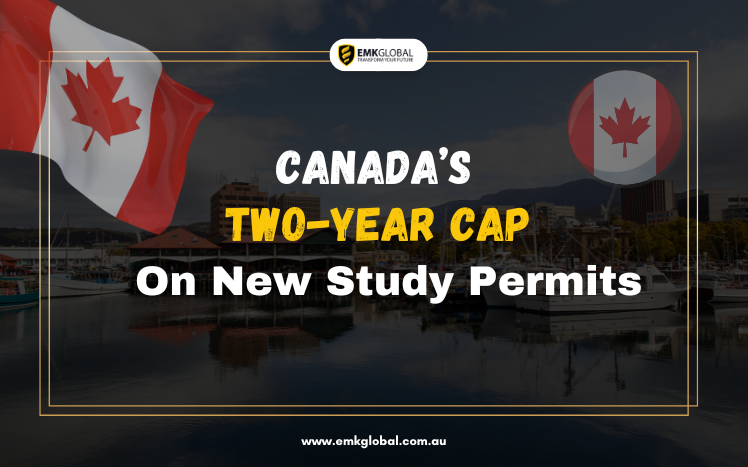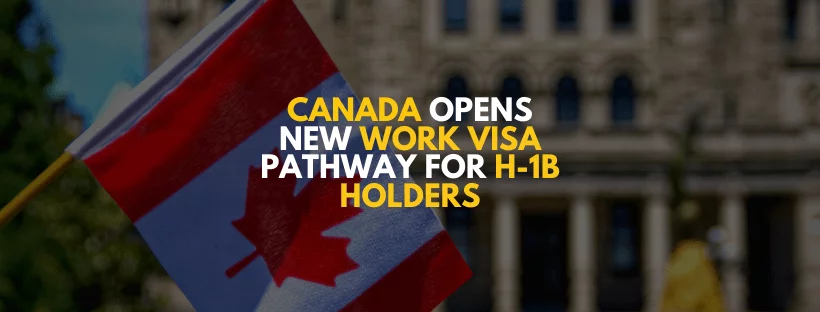Over the past few months, two key issues have consistently surfaced in discussions with education agents regarding Canada’s study permit processing. Agents are reporting significant delays in processing times and a noticeable rise in the number of permit refusals. While outcomes vary depending on the applicant’s country of origin and level of study, the general picture suggests that Canada’s study permit system is struggling with limited processing capacity and a stricter approach to evaluating applications.
This reflects what was already evident in the 2024 data, which marked the first year under Canada’s enrolment cap on new international students:
- Newly issued study permits dropped by 48% compared to 2023
- Total applications fell by nearly one-third year-over-year
- Approval rates declined to 48%, down from almost 60% the previous year
Although complete data for 2025 is not yet available, early signs suggest these downward trends are continuing—and in some respects becoming more pronounced.
Preliminary IRCC figures show a sharp decrease in study permit applications processed in the first half of 2025. Between January and June 2024, IRCC handled 290,635 new applications—more than half of that year’s total. By contrast, only 143,485 applications were processed in the same period of 2025, representing a 50% drop.
If this pattern continues, overall application volumes for 2025 may fall to around 290,000, compared with nearly 580,000 in 2024 and just over 860,000 in 2023.
Assuming approval rates remain at 2024 levels—where roughly half of all applications were refused—the number of permits granted in 2025 could decline even further, leaving totals well below both 2024 figures and the official enrolment cap for this year.
Why are rejection rates climbing?
ApplyBoard’s analysis shows that in 2024, the most common reason cited by visa officers for study permit refusals was doubt that applicants would return home after their studies. According to ApplyBoard, the frequent use of this reason indicates that many applicants are being perceived as intending to pursue permanent residency rather than education.
Another key factor behind the higher rejection rates relates to financial concerns. Visa officers are increasingly questioning whether applicants have enough funds to cover their studies and living costs in Canada. This trend is likely linked to recent increases in Canada’s financial requirement thresholds.
By regulation, applicants must prove they can pay both tuition fees and living expenses. On 1 January 2024, the cost of living requirement for a single applicant doubled from CDN$10,000—where it had remained for about two decades—to CDN$20,635. A further increase is scheduled for 1 September 2025, raising the threshold to CDN$22,895.
Meanwhile, data from BorderPass on the first two quarters of 2025 suggests that approval rates are improving, though the outcomes vary greatly depending on the country of application. For example, approval rates for Chinese applicants now exceed 65%, whereas rejection rates for Indian applicants are still climbing.
BorderPass emphasizes that institutions focusing on student quality and preparedness are seeing stronger outcomes. Schools using tools such as application intelligence, enhanced documentation checks, and partnerships with legally backed advisors are achieving much higher approval rates.
Their research also highlights major differences by institution type. Among the 20 highest-volume universities and 20 highest-volume colleges in Canada, universities consistently show stronger performance, with average approval rates ranging between 45–59%, compared to just 23–33% for colleges. Moreover, university approval rates appear to be trending upward in 2025, while college results remain inconsistent.

Source: https://monitor.icef.com/2025/08/canada-how-is-study-permit-processing-taking-shape-this-year/











